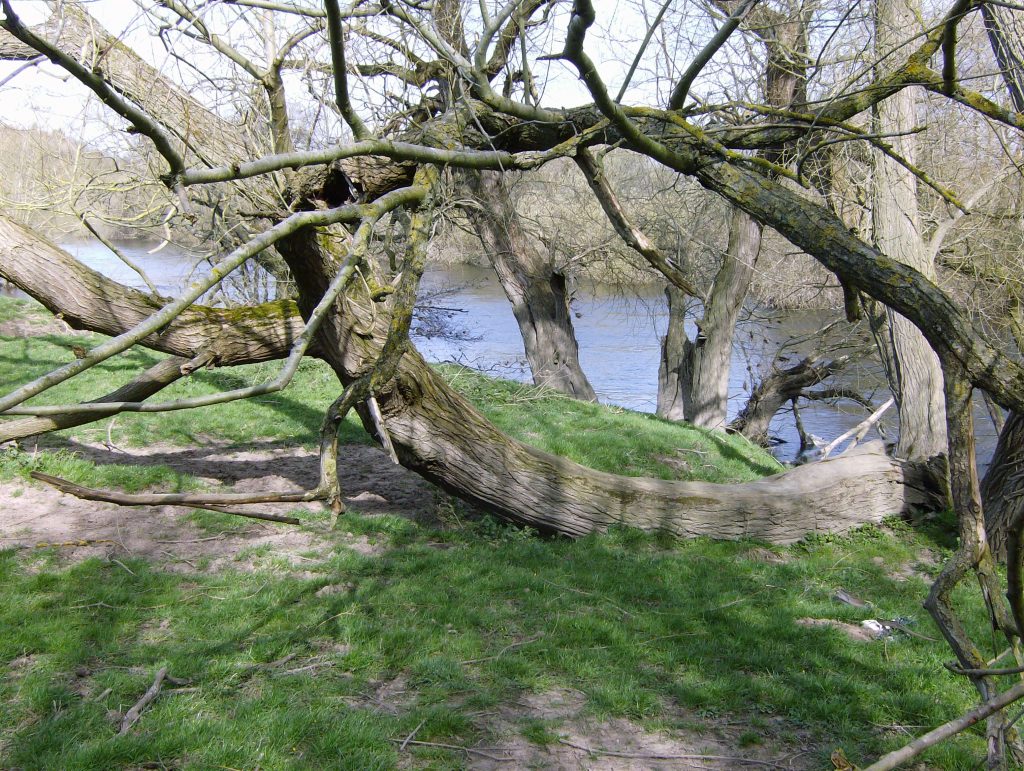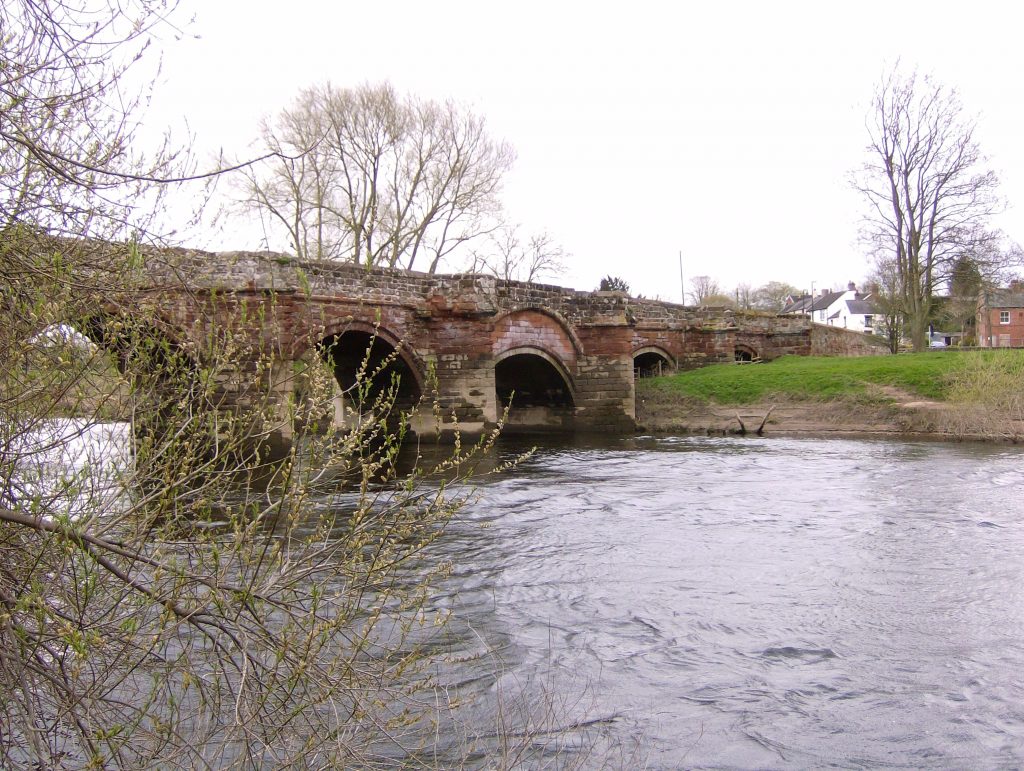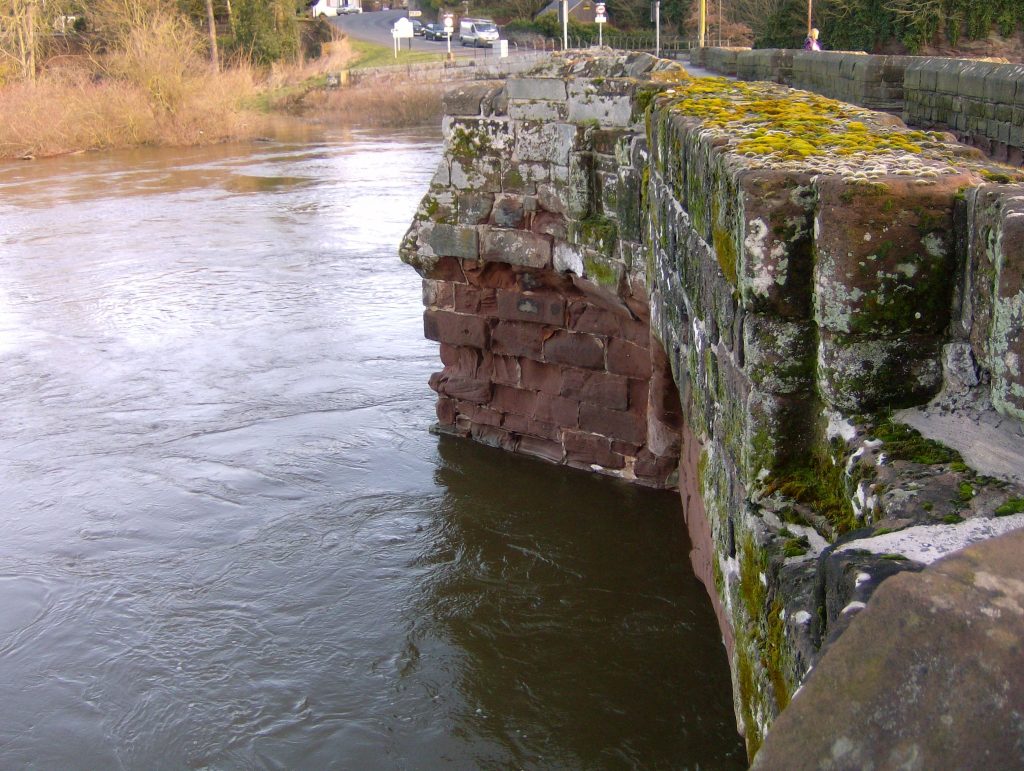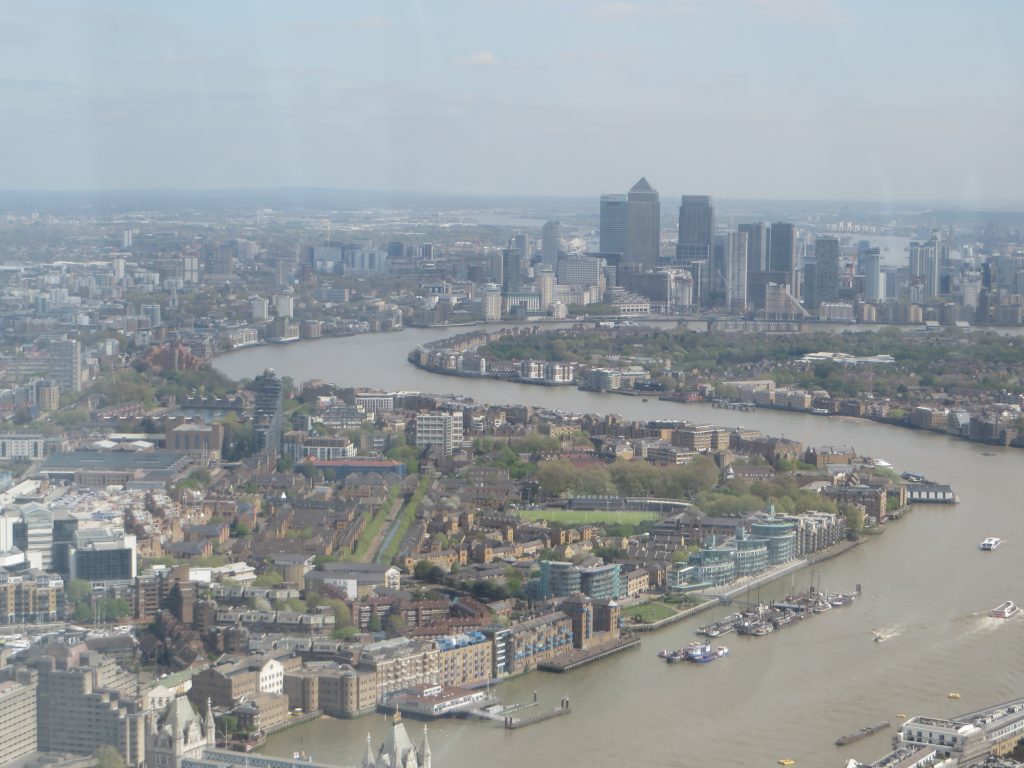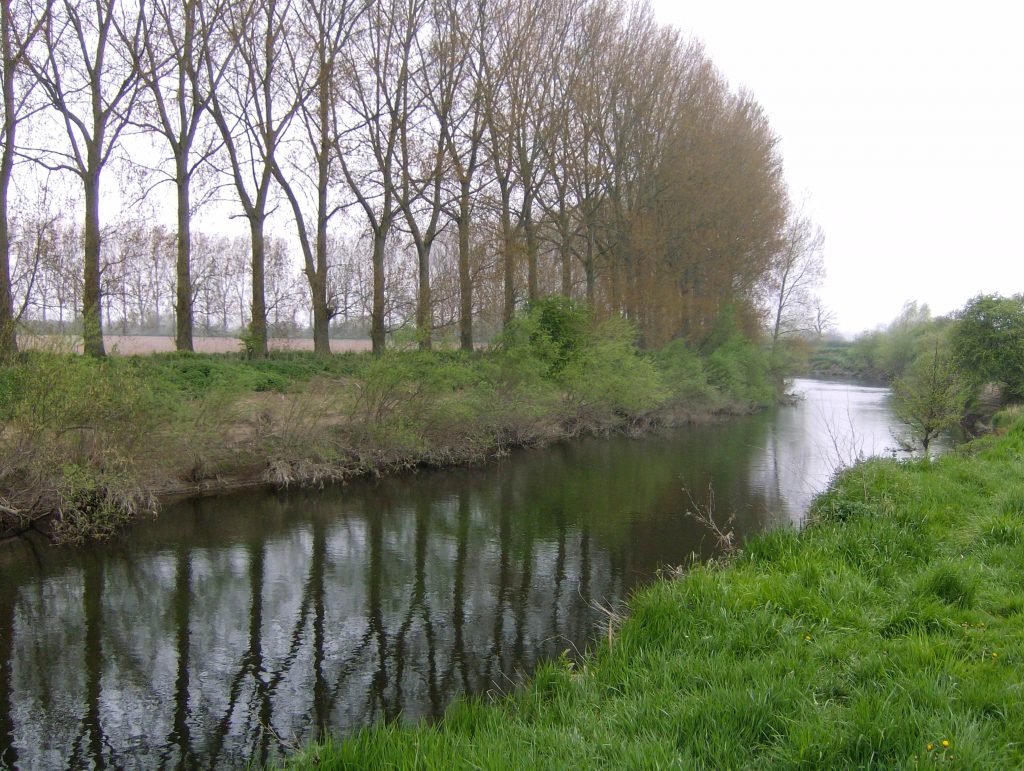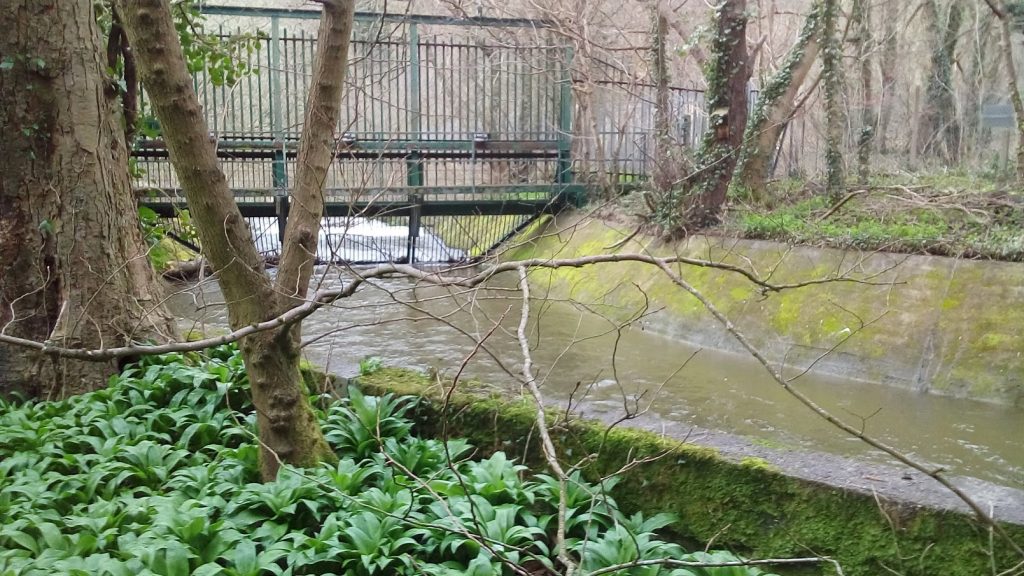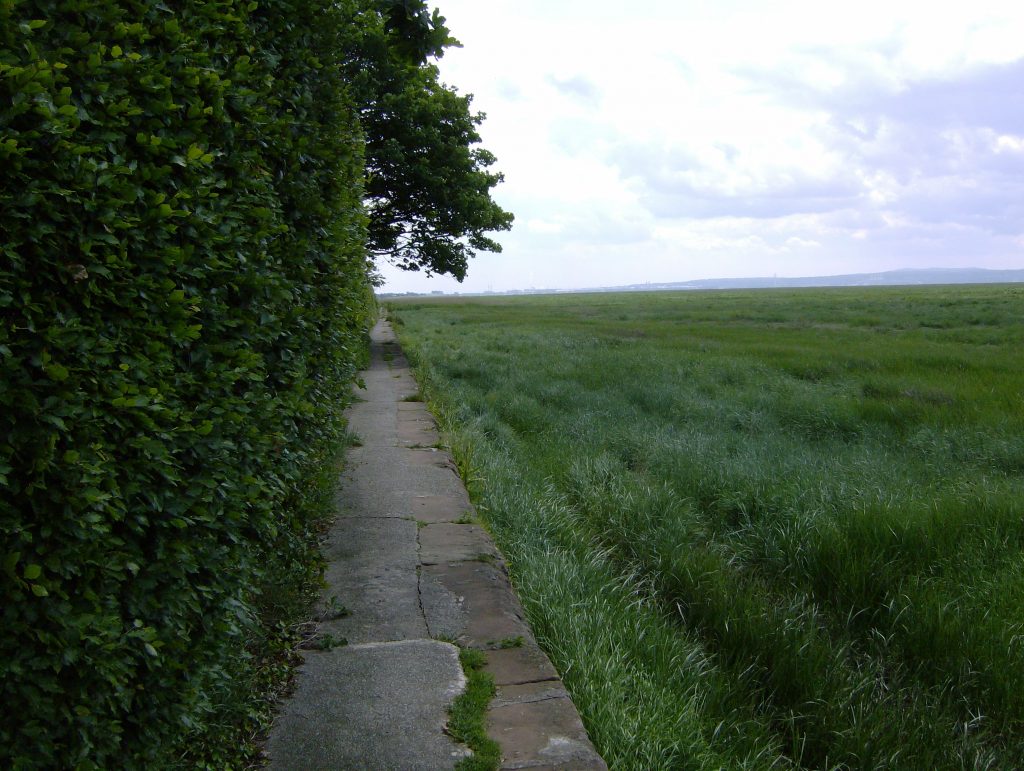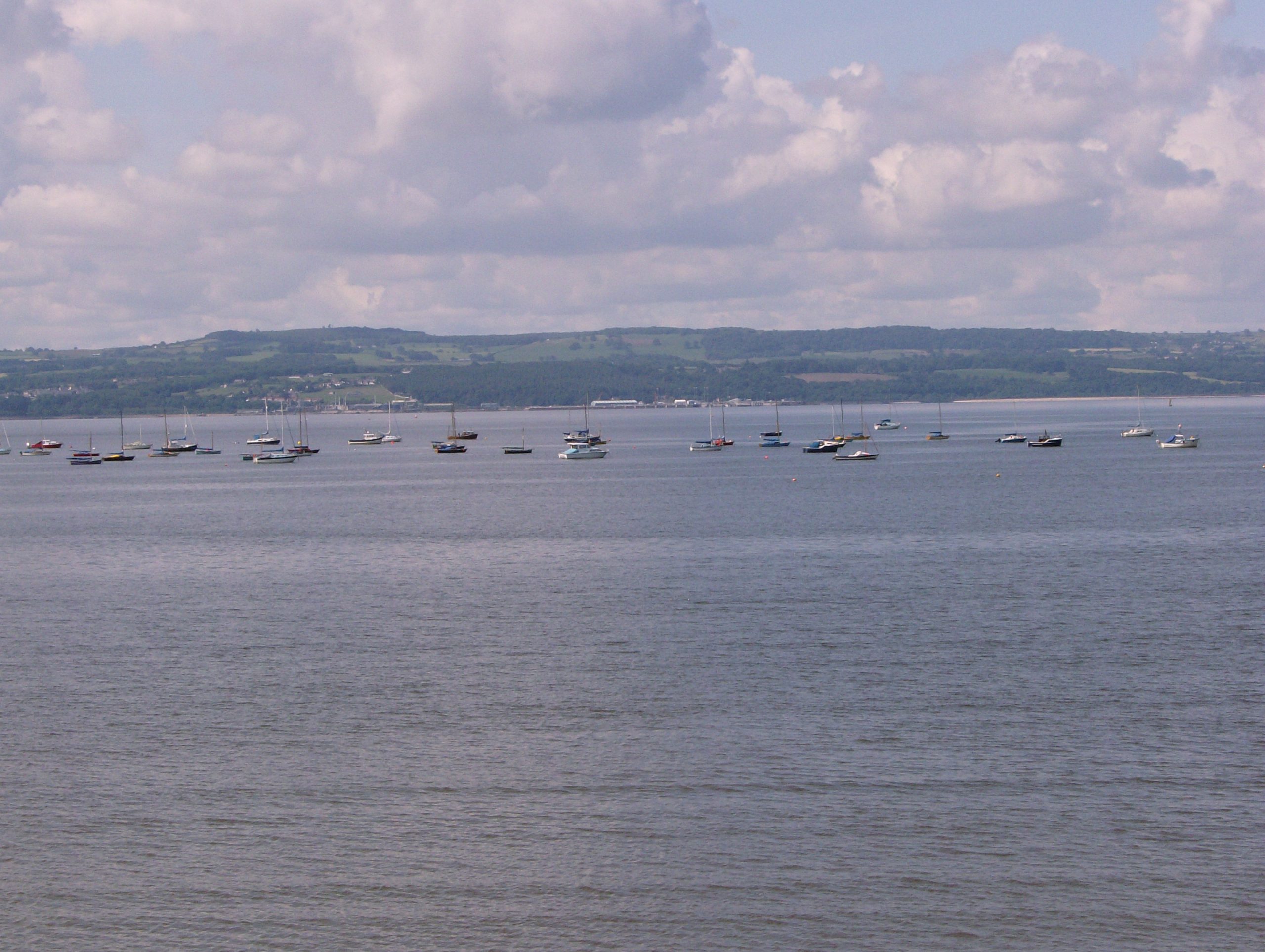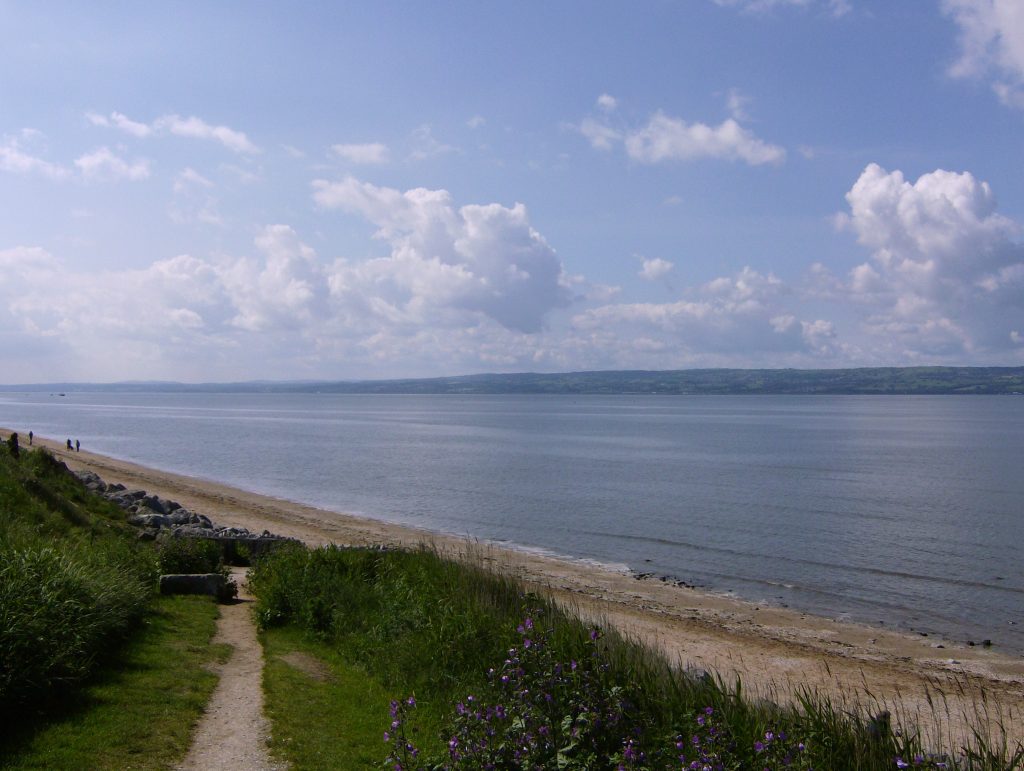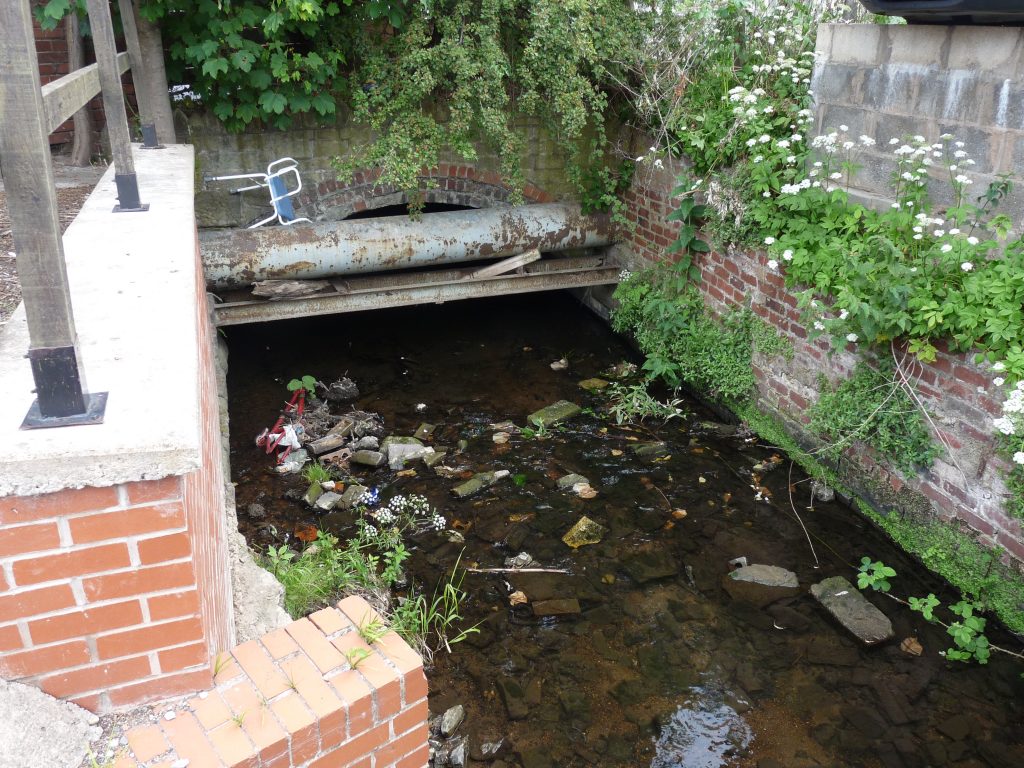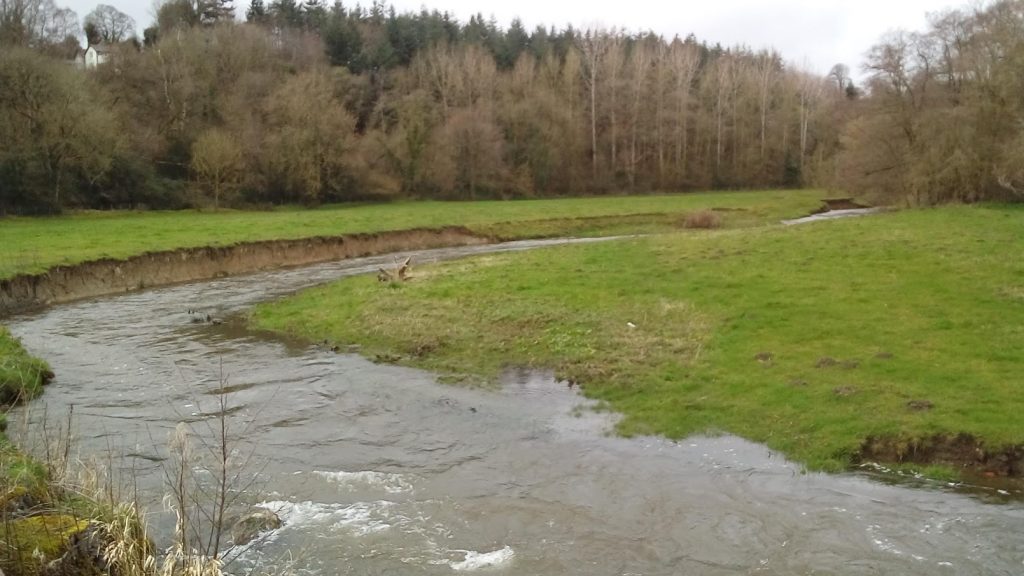I also took a digital approach to letting the river guide the composition, through a process called sonification. In the same way we might visually represent a set of data in a graph or diagram, sonification represents data through sound.
Rob St John – Surface Tension: A Sonic Exploration of the River Lea (Notes)
At its heart his blog is about psychogeography. More particularly it is a vehicle to explore the responses of artists, writers and musicians to urban and rural environments. Flânerie, the art of experiencing by walking around, provides a useful tool for the practice of the psychogeographer.
The concept of the flâneur, the casual wanderer, observer and reporter of street-life in the modern city, was first explored, at length, in the writings of Baudelaire. Baudelaire’s flâneur, an aesthete and dandy, wandered the streets and arcades of nineteenth-century Paris looking at and listening to the kaleidoscopic manifestations of the life of a modern city. The flâneur’s method and the meaning of his activities were bound together, one with the other.
The present lockdown has necessarily made such wandering very difficult; we are all limited to a daily walk, run or cycle starting at our own front door, and for perfectly understandable reasons. But these limits on our right to wander, and attempts to curb the flaneur and flâneuse, are nothing new. Iain Sinclair has written extensively about parts of London, whole streets and squares, which are privatised and effectively off limits. But restrictions on the casual walker go even further back:
A man who goes for a walk ought not to have to concern himself with any hazards he may run into, or with the regulations of a city. … But he cannot do this today without taking a hundred precautions, without asking the advice of the police department, without mixing with a dazed and breathless herd, for whom the way is marked out in advance by bits of shining metal. If he tries to collect the whimsical thoughts that may have come to mind, very possibly occasioned by sights on the street, he is deafened by car horns, [and] stupefied by loud talkers.
(Walter Benjamin, The Arcades Project (Cambridge, Mass and London, Belknap Harvard, 1999) p. 435)
But what we are left with, if we cannot explore by wandering, is something even more powerful. One’s own memory and imagination provide the outline and, in the virtual world, one can find limitless colours to fill in the gaps.
Picture of the River Dee near Eccleston, ©Bobby Seal

